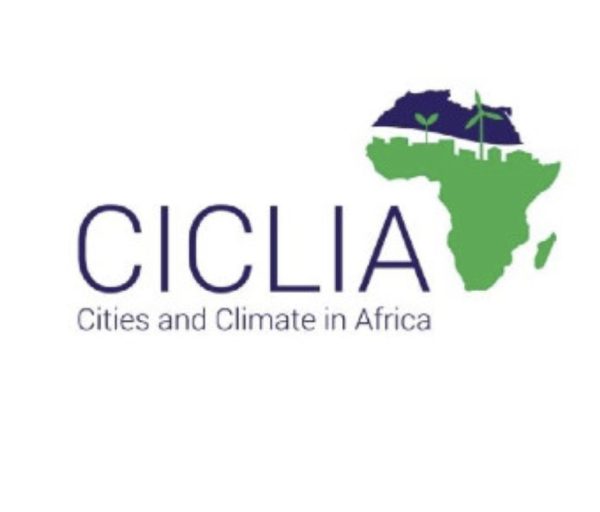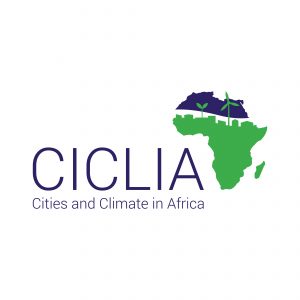CICLIA
Launched in 2017 by the European Union, SECO and AFD, the CICLIA facility supports African cities in preparing low-carbon and resilient projects.

Overview of the project

CICLIA is a Technical Assistance and Programme/Project Preparation Facility which, since 2017, has been supporting cities (capitals and intermediate cities) in Africa in the preparation of low-carbon and resilient projects. With an initial budget of €10.5m, CICLIA had a strong impact in its first phase and is therefore continuing with a second phase (2023-2027) and an additional €6m, as well as renewed and enhanced ambitions in terms of the climate co-benefits expected from the programmes/projects prepared. CICLIA finances feasibility and vulnerability studies covering all urban planning sectors (public lighting, waste management, water management, mobility, energy, local economic development, risk and disaster reduction, etc.).
CICLIA has three major components:
i. “Preparing”: development of sectoral strategies including climate, vulnerability studies at territorial level, pre-feasibility/feasibility studies for urban infrastructure projects or low-carbon and resilient national programmes, capacity building in the preparatory phase of projects, etc.
ii. “Strengthen”: support/strengthening the financial and asset management capabilities of certain African local authorities.
iii. “Learning”: identifying and promoting best practice in sustainable urban models.
The objective is to provide access to climate finance for local governments in sub-Saharan Africa.
Ongoing research
2017-2022
see the CICLIA datawall: CICLIA, le climat au cœur du développement des villes africaines | AFD – Agence Française de Développement
- Financing and carrying out studies upstream of projects, integrating the climate dimension as a basis for urban development
- Transferring skills to local players and providing support during the study implementation phase
- Promoting the solutions provided by each project in response to the SDGs among African and international professionals.
European Union, Swiss Cooperation, Agence Française de Développement
organisation
Launched in 2017 by the European Union, SECO and AFD, the CICLIA facility supports 20 to 25 cities in sub-Saharan Africa in preparing low-carbon and resilient urban projects. Concretely, CICLIA finances sectoral plans, design studies and technical assistance in all sectors of the sustainable city to help local governments in Sub-Saharan Africa develop projects that contribute to combating climate change.




